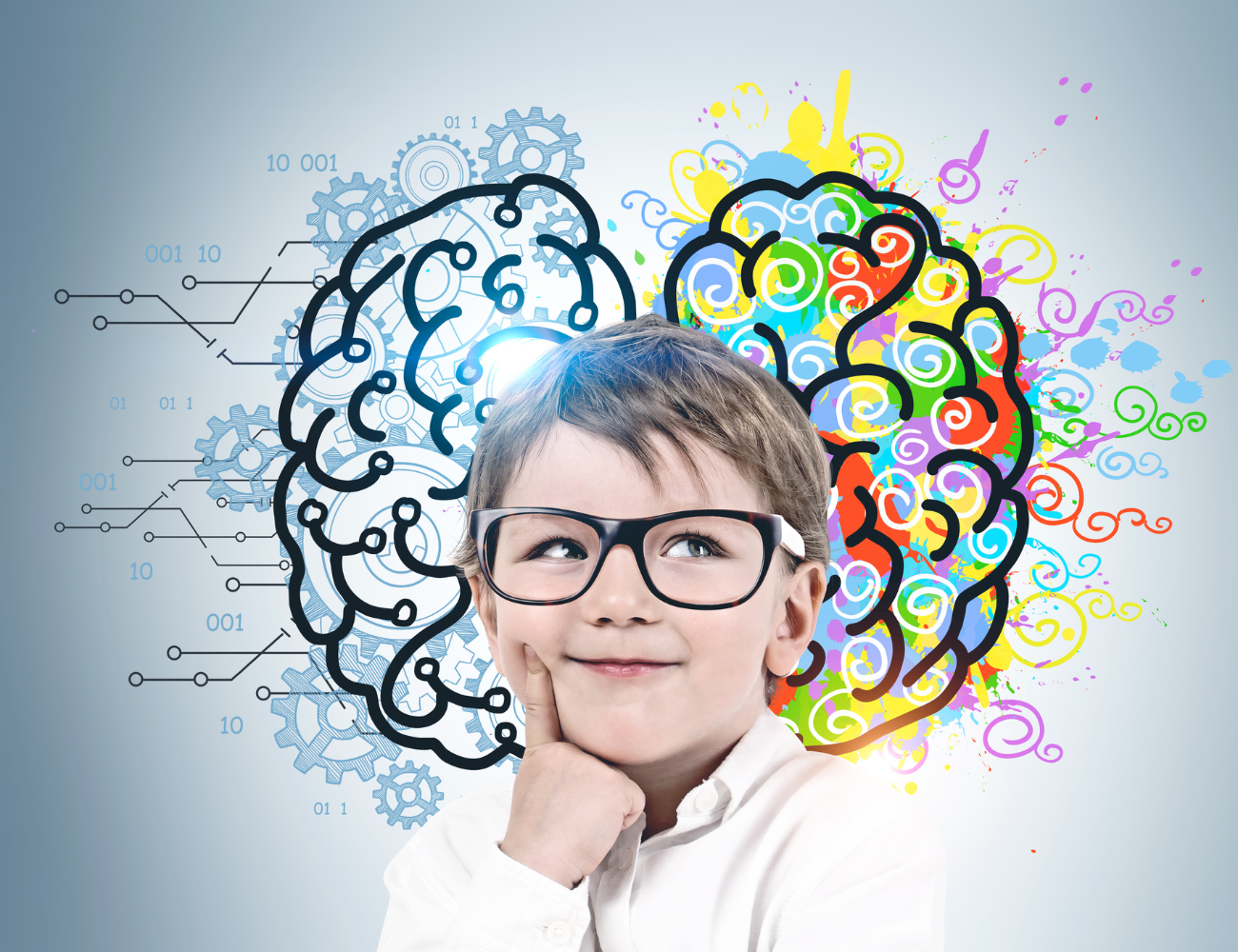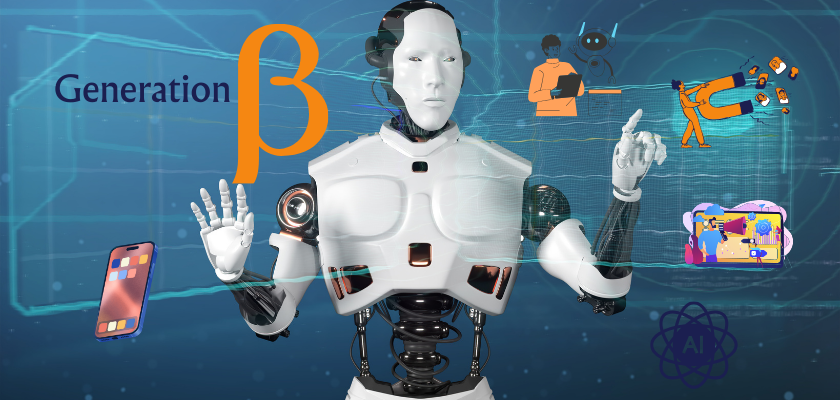
Home / Information / Blog / Blog Detail

Artificial Intelligence (AI) is dramatically reshaping how we experience healthcare. AI enhances medicine by making it smarter, faster, and more efficient, covering everything from early disease detection to personalized treatments and surgical assistance. At its core, AI aims to improve patient lives by making healthcare more accurate, accessible, and proactive. Let's explore the ways AI is redefining modern medicine.
1. Detecting Diseases Earlier and Diagnosing More Accurately
One of AI's groundbreaking achievements is its ability to catch diseases early with remarkable accuracy. Imagine having a second set of eyes—AI-powered imaging tools can analyze X-rays, MRIs, and CT scans, spotting subtle abnormalities that even highly skilled radiologists might overlook. Conditions such as cancer, Alzheimer's, and heart disease benefit immensely from early detection, potentially saving lives.
2. Personalized Treatment: Medicine Made for You
Every patient is unique, and AI enables physicians to tailor treatments to each individual's specific condition, considering their genetic makeup, lifestyle, and health history. This personalized approach is particularly promising in cancer care. AI can analyze genetic data to recommend therapies with fewer side effects. This shift from a one-size-fits-all model to customized solutions represents a significant advancement in healthcare.
3. Accelerating Drug Discovery
Developing new drugs is often extensive and expensive, but AI is revolutionizing this aspect of medicine. By analyzing vast datasets, AI identifies potential drug candidates quickly. During the COVID-19 pandemic, AI played a pivotal role in expediting treatment research. The hope is that AI continues unlocking solutions for rare and widespread health conditions.
4. AI-Powered Virtual Assistants and Chatbots
Imagine receiving medical advice without the hassle of waiting for an appointment—AI-driven virtual assistants and chatbots make this possible. These tools address health queries, schedule doctor visits, and remind patients to take medication. In mental health care, chatbots even provide support for anxiety or depression, ensuring timely help.
5. Smarter and Safer Surgeries
AI-assisted robotic surgery sounds like science fiction but is a thriving reality. These systems enhance precision, enabling minimally invasive procedures with fewer risks and quicker recovery times. By augmenting surgeons' skills, AI makes operations safer and more effective.
6. Predicting Health Risks Before They Occur
What if your doctor could anticipate a potential health crisis? AI's predictive analytics examine medical histories and lifestyles, foreseeing risks such as heart attacks or strokes. Hospitals also leverage AI to optimize patient care by reducing emergency room wait times and improving overall services.
7. Enhancing Healthcare Efficiency
AI doesn't just assist doctors—it streamlines healthcare operations. By automating administrative tasks like paperwork, scheduling, and record management, AI frees healthcare professionals to focus on what matters most: patient care. The result is a faster, more innovative, and more patient-centered system.
Challenges and Ethical Considerations
Despite its benefits, AI in healthcare faces challenges. Privacy concerns, data security, and algorithmic bias demand scrutiny. Importantly, while AI aids doctors, it cannot replace the human compassion critical to patient care. Achieving the ideal equilibrium between advanced technology and genuine empathy is crucial in ensuring that artificial intelligence fulfills its ultimate mission—providing meaningful assistance to everyone, regardless of their circumstances. This harmonious blend enhances AI's effectiveness and cultivates a deeper connection with users, fostering a supportive environment where all can benefit from innovation.
The Future of AI in Healthcare
AI isn't just a futuristic idea; it's actively reshaping medicine today. With its rapid evolution, the potential for personalized, proactive, and precise healthcare continues to grow. The ultimate goal? To build a system that is not only technologically advanced but also deeply human-centered, with patients as the top priority.


Creating an inclusive and supportive framework requires a multifaceted approach involving individuals, communities, and policymakers. Here are some actionable strategies:

Absolutely! Brain fog and its associated symptoms, sometimes called “brain rot,” are not permanent conditions. With consistent effort and lifestyle changes, it’s possible to reverse the effects and regain mental clarity. The modern world—characterized by excessive screen time, sedentary habits, and overwhelming information overload—contributes significantly to this phenomenon. However, making small but deliberate changes to your daily routine can pave the way for better focus, improved memory, and enhanced emotional well-being.

What Is Generation Beta?
Generation Beta is the cohort born after 2024, following Generation Alpha (2010-2024). "Beta" symbolizes a new phase, aligning with the tech-driven world that increasingly uses beta versions to signify innovation and improvement.
This generation will grow up in a hyperconnected, technology-dominated society where artificial intelligence, robotics, and sustainability will be at the forefront. Unlike their predecessors, Generation Beta will experience a world where digital integration and global collaboration aren't just enhancements but essential aspects of life.
STEP 1
Let us know your details and preferences. We maintain absolute data confidentiality. All your health records are safe, and privacy is maintained.
STEP 2
A dedicated counsellor will help you with the Best Hospital & Doctors at the lowest possible Prices.
STEP 3
While you decide on the treatment plan, we assist you with priority appointments, Visa, Documentation, Hotel & other Logistics.
STEP 4
Our team assists you with all your local requirements like Hospitalization, Hotel Stay, Transportation, Food, Forex, Lab Tests, Medicines, etc.
STEP 5
We ensure a smooth discharge process. We also assist you in tallying your bills at the hospital, all necessary documentation, and your return trip.
Happy Patient from Bangladesh | Gastroenteritis Treatment in Columbia Asia Hospital, India

"VivaVel" has truly made a life-changing impact on our lives during a challenging time. My wife was diagnosed with Polycystic Ovarian Disease (PCOD), and despite consulting three different doctors in Bangladesh, we were unsatisfied and uncertain about the way forward. It was a confusing and challenging phase until a friend recommended VivaVel.
From the moment "I contacted them", VivaVel provided exceptional support and guidance. They arranged telemedicine consultations with two renowned international doctors, giving us the confidence to make an informed decision. After careful consideration, we selected one of the doctors for my wife's treatment.
VivaVel's assistance went above and beyond our expectations. They helped us with critical processes like obtaining a medical visa invitation letter, visa processing, and coordinating my wife's admission to "Artemis Hospital" in Delhi. They even suggested comfortable accommodations for me as a patient attendant.
What truly stood out was their unwavering support throughout our journey. The "VivaVel team" was always just a phone call away, offering guidance and reassurance during our stay in Delhi. Their professionalism and dedication to helping patients and their families are truly commendable.
I am incredibly grateful for the care and support from "VivaVel." They were a beacon of hope for us during this difficult time, and I sincerely hope they continue their outstanding service to help more needy patients.
Thank you, "VivaVel," for being there for us every step of the way!
Mr. Hoque, Dhaka, Bangladesh
Patient name: Shanta Islam, Dhaka, Bangladesh.

Note : VivaVel does not provide medical advice, diagnosis or treatment. The services and information offered on www.vivavel.com are intended solely for informational purposes and cannot replace the professional consultation or treatment by a physician. All Copyrights are reserved with VivaVel. VivaVel does not allow copying and cloning of its webpages and contents. VivaVel reserves the right to follow the legal procedures to protect its intellectual property.
Copyright © 2025 VivaVel.com . All Rights Reserve.





